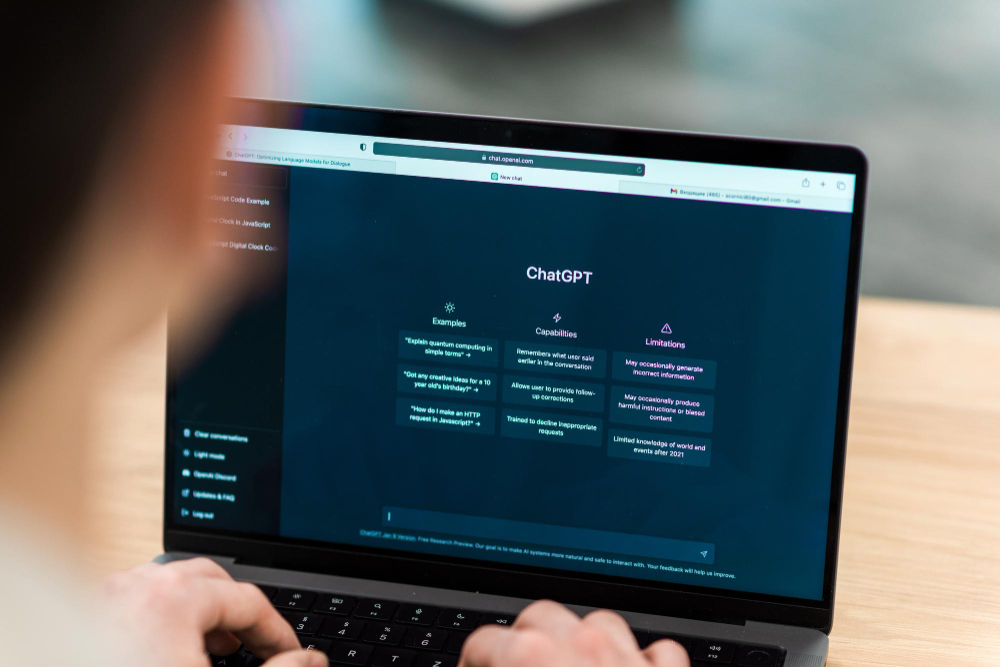The journey from class to career has never been more dynamic than today. Technology not only learns how we learn, but also changes how we prepare and enter the workforce. Traditional linear track school, degree, job-session flexible, skill flexible, and technically operated process. In 2025, students and job seekers are equally engaged with technology to adapt learning, create practical skills, and present themselves to employers in new, more effective ways.
This article examines the important role of technology in the transformation of education-to-employment. From AI-operated learning platforms to virtual internships and skill-based employment, we check the trends that students should be aware of and how they can adapt to these innovations.
1. The Shift from Degrees to Skills
Employers quickly depart from the requirement for specific academic degrees and focus on skills and practical abilities instead. While degrees still have value, they are no longer the only determinant for employment. Technology platforms such as Coursera, Udemy, and EDX make it possible to achieve a traditional degree cost and specific to a fraction of time.
Candidates now have the freedom to do a personal learning journey, and cherry -pickingly accurate skills that they need for their desired roles. The micro-case, nano digry, and skill certificate become valuable components of a modern resume. As this trend continues, individuals who can show practical experience and applied knowledge will only be favored over people with theoretical training.
2. Smart CV and AI-Friendly Applications
Since the job application is quickly examined by the applicant tracking system (ATS), it is necessary to create CVs that are adapted to both humans and machines. A well-designed, keyword human reboot begins to improve the possibility of undergoing the first screening.
The CV builder app can simplify the process of creating a professional CV to fit the modern hiring system. These tools help users to do the content correctly, include relevant keywords, and highlight skills in a structured way, making it easy for both AI and human employers to identify top candidates.
3. EdTech Platforms and On-Demand Learning
The emergence of EdTech has democratized access to high-quality education. Platforms such as Khan Academy, Skillsare, and Linked Learning offer courses on request for everything from data analysis and coding to public speech and project management.
Students can complement their formal education with the demanded skills that match the market trends. With flexibility in planning, individuals can learn or study while working elsewhere, and lifelong learning can make learning a viable reality. Employers also appreciate candidates who show self -self-preservation and initiative in continuous learning through such platforms.
4. Virtual Internships and Remote Work Experience
They were the days when physical appearance was a requirement for gaining work experience. Virtual internships and external project collaboration are increasing, thanks to equipment such as Slack, Zoom, Trailo, and GitHub. Many companies are now open to providing practice roles to candidates from all over the world without the need for transfer.
This model opens doors to rural areas, international students, and those who cannot afford to move to city centers. These experiences still emphasize when they start again and often give rise to real job proposals. In addition, Virtual Internship helps students develop important distance work skills such as communication, time management, and digital cooperation.
5. Digital Portfolios and Personal Branding
Employers today only look at GPA or where you studied – they check their online footprint. After having a link profile, GitHub Depot, Individual Blogs, or an Online Portfolio becomes a requirement instead of an alternative.
Students and job seekers should create a strong personal brand that shows their unique skills and experiences. For creatives and developers, it is necessary to have a digital portfolio. For others, platforms such as Medium or alternatives can be used to show ideas. When it comes to personal branding, a personal blog can be useful in showing specialization, creating credibility, and standing out to potential employers.
6. Career Guidance through AI and Data Analytics
Career consulting also undergoes a technological change. AI-controlled platforms can now recommend a career path based on your interests, abilities, and job market trends. Tools such as Carexplorer and PyMetrics use data analysis and behavioral assessment to match individuals with their most appropriate career opportunities.
Such platforms help students to escape expensive careers and guide them to trails that match both their passion and market demand. This computer-supported approach makes the career plan more efficient and less challenging.
7. Skills-Based Hiring and Digital
With increasing emphasis on protest skills, many employers are approaching skill-based work. Instead of looking at the academic background alone, companies are considering applicants based on certificates, practical functions, and real-world projects. Digital labeling – a form of confirmed credentials – plays an important role in this process.
Digital brands validate the completion of specific skills or competencies, making them easily divided into platforms such as LinkedIn. They give openness to employers and give confidence in the candidate’s abilities. In return, job seekers are recognized for their efforts to apply, whether they get skills.
8. Preparing for the Hybrid Job Market
The workplace of 2025 is a hybrid, which provides trust and distance work. This requires a combination of technical and soft skills, adaptability, and digital currencies. Educational institutions are beginning to include many group projects, virtual collaboration, and simulation of real-time to reflect this reality.
What you should focus on:
- Learn to use collaborative equipment such as Microsoft Teams, Asana, Perception, and Zoom.
- Develop your emotional intelligence and mutual skills to bloom in a remote environment.
- Look for internships or freelance opportunities that give you contact with hybrid or external functional cultures.
9. AI-Powered Learning and Personalized Education
Artificial intelligence brings a revolution by providing students with personal learning based on their speed, strength, and learning styles. An adaptive teaching system analyzes the students’ progress and consequently adjusts the material, which ensures optimal understanding and retention.
Students and professionals can now disable more efficiently. AI-based teaching and assessment platforms offer users the ability to focus on areas without wasting time on the materials they have already mastered. This level of personalization makes learning more attractive and effective, leaving career preparedness.
10. Lifelong Learning as a Career Imperative
Half of a skill’s skill is shrinking, which means that what you learn today can be obsolete in a few years. This makes continuous learning a bonus, but also a requirement. Professionals should use a lifelong mentality in lifetime training to remain relevant.
How to stay in front:
- Follow industry blogs, podcasts, and newspapers.
- Join professional communities and participate in webinars or conferences.
- Assess your skill sets regularly and continuously fill in intervals with online courses.
Conclusion
Technology is not just a unit – this is the basis that we carry from education to employment. In this developed scenario, the success depends on adaptability itself and digital flow. You can navigate education for employment more efficiently and more confidently by embracing technology surgery of learning, taking advantage of smart career tools like the CV Builder app, and constantly updating your skills.
The future is for those who are active. Whether you are a student, a new graduate, or a professional who is going to change careers, it is now time to shape your way and utilize technology to grow in a modern workforce.


